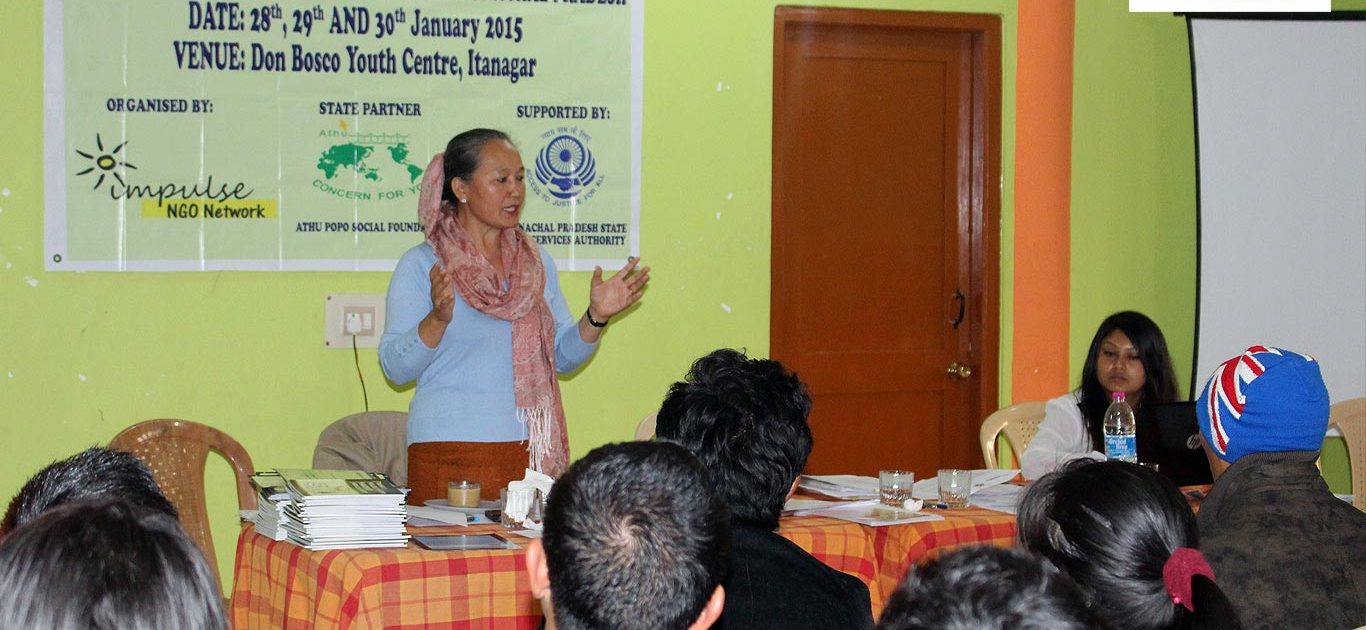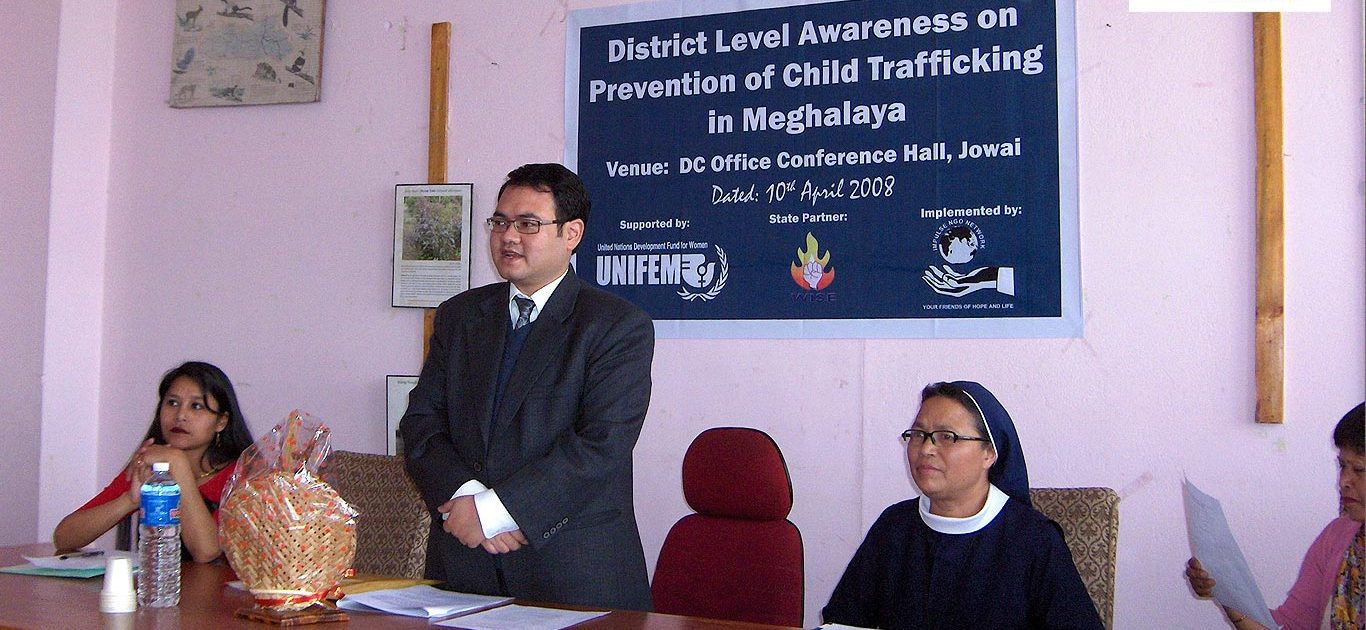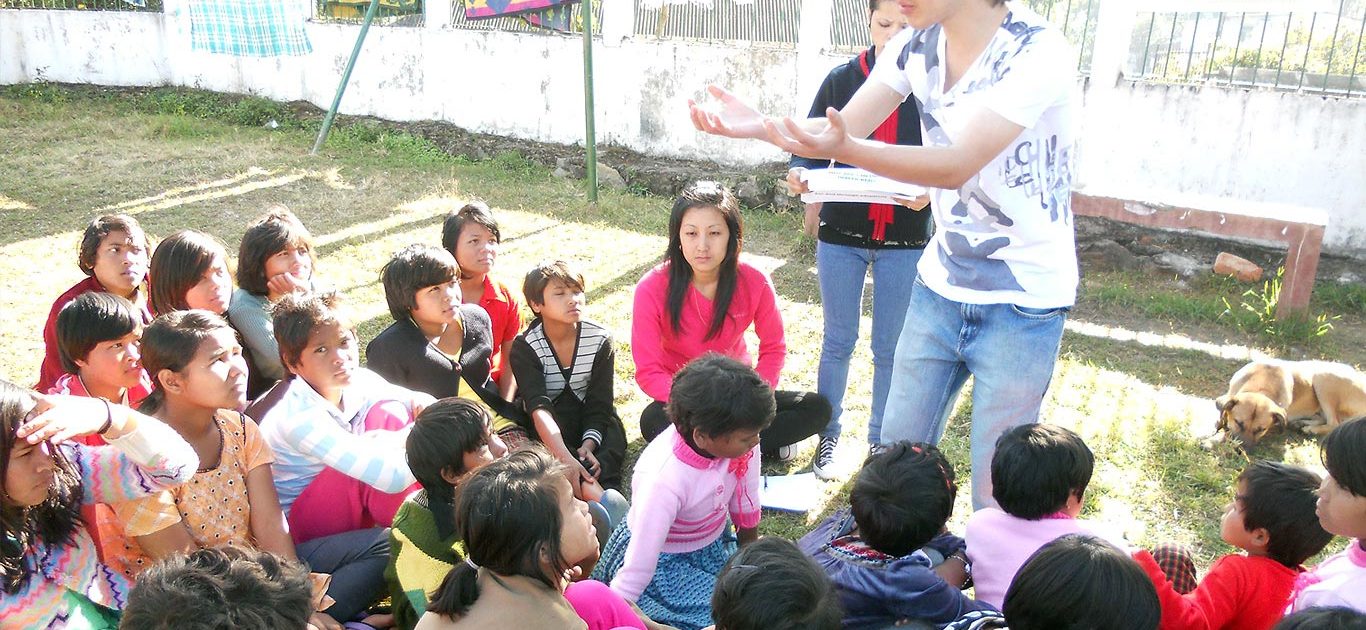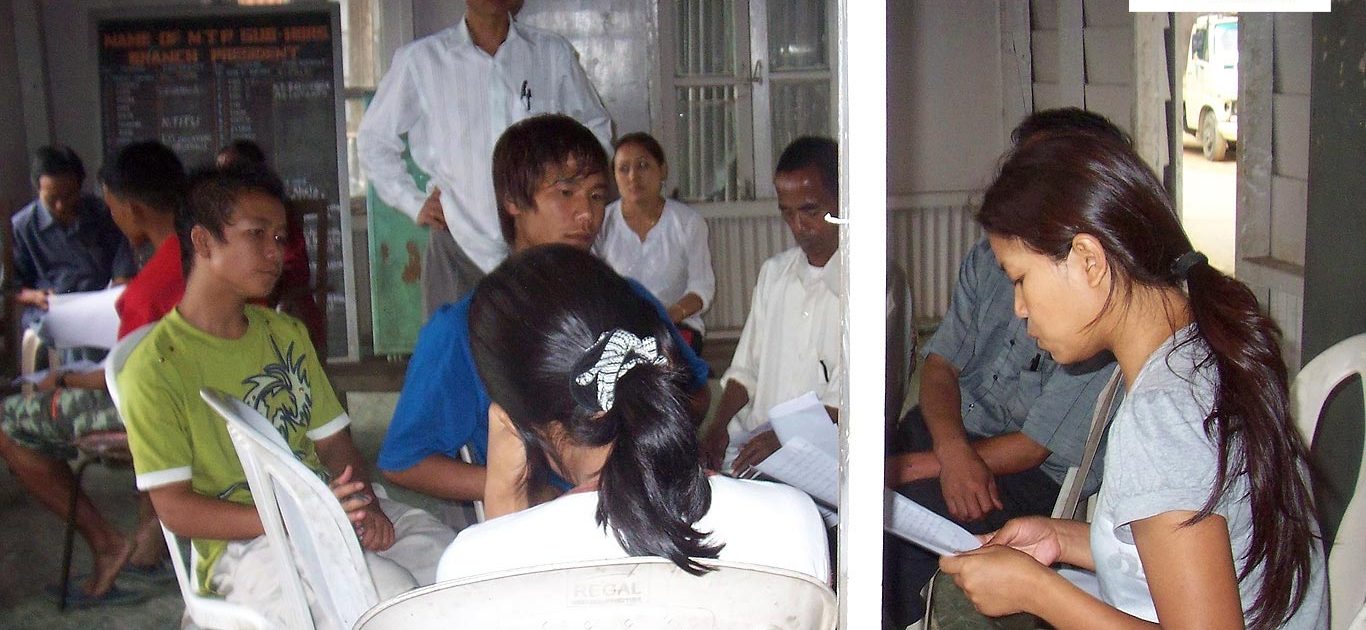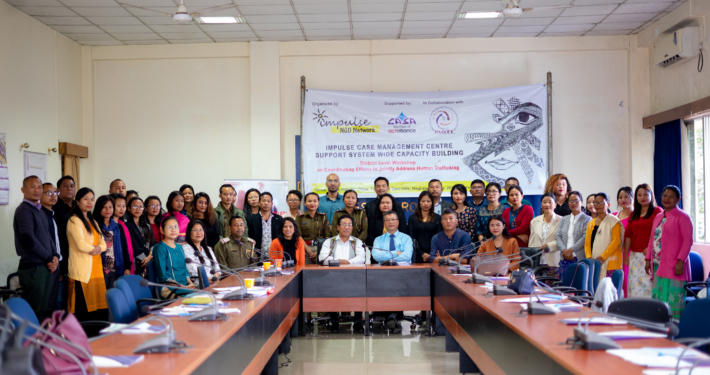The Impulse Model Prevention
 Prevention is better than cure. True to the old adage, creating awareness and mitigating circumstances, is a great way to prevent unsafe migration and other human trafficking instances. Likewise, sustainable livelihood initiatives are very effective in preventing trafficking-in-persons.
Prevention is better than cure. True to the old adage, creating awareness and mitigating circumstances, is a great way to prevent unsafe migration and other human trafficking instances. Likewise, sustainable livelihood initiatives are very effective in preventing trafficking-in-persons.
Impulse NGO Network conducts various programs prescribed under the Prevention pillar of Impulse Model for combating human trafficking. It conducts these awareness programs for vulnerable and affected communities, and also trains private and public sector agencies on how to incorporate anti-human trafficking components into their existing programs.
Awareness to prevent human trafficking can be raised through various methods, including films, street plays, pamphlets, posters or postcard, lectures, public service announcements, and social media campaigns, to name a few.
Prevention of trafficking-in-persons is also possible through outreach programs that help people recognise the signs of human trafficking, as well as identify and report cases that they may be aware of. This not only helps rescue victims, but also prevents creating new ones.
Lack of employment also leaves people and communities vulnerable to human trafficking, as many individuals migrate unsafely to find work. Carefully designed and implemented livelihood initiatives in rural areas reduce the incentive to migrate, and help people earn a decent living, staying put in their villages and towns.
In line with the above, the founders of Impulse NGO Network also created a for-profit venture called Impulse Social Enterprises (ISE). Established in 2009, ISE launched a brand of ethnic and ethical products called Empower, which mobilises rural artisans to become independent entrepreneurs, and offers them sustainable income by creating continuous market access for them.
At the same time, by using local raw materials and reviving the traditional arts among rural communities, ISE generates livelihood opportunities for countless other people in the region.


